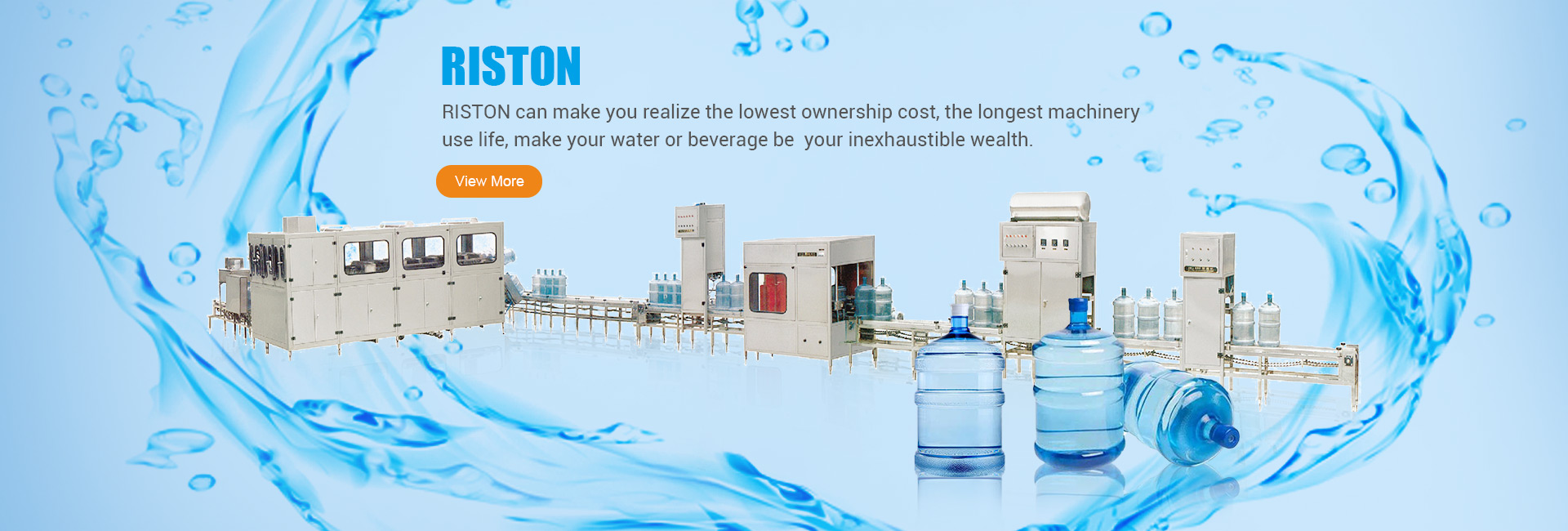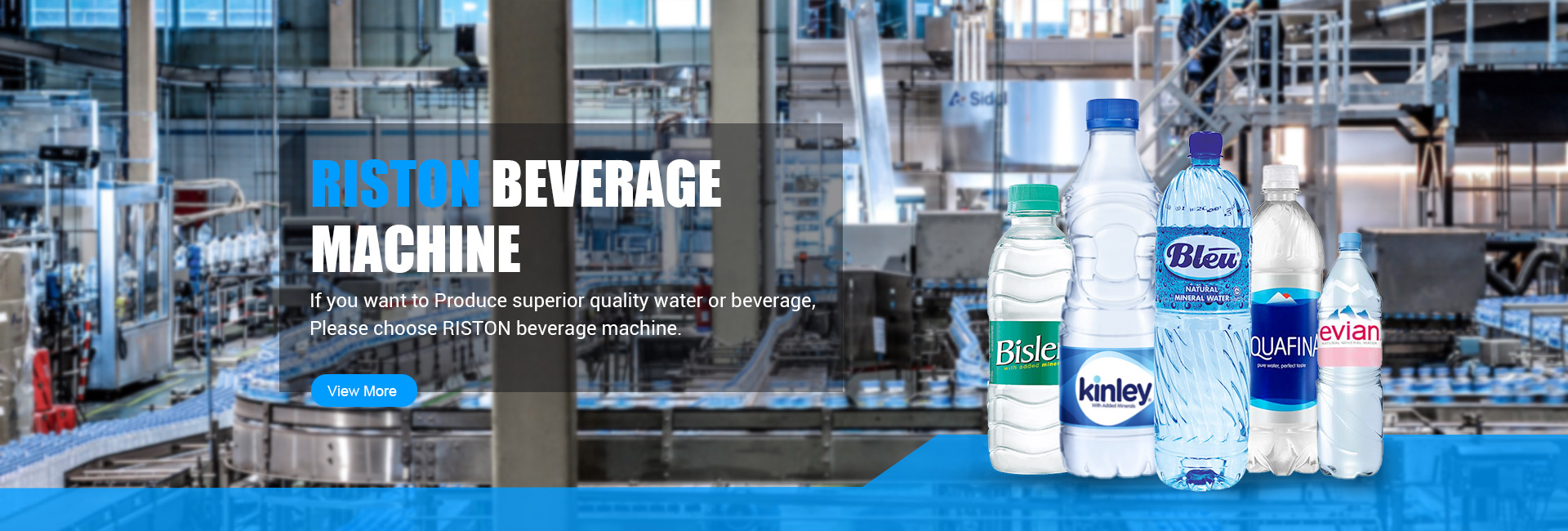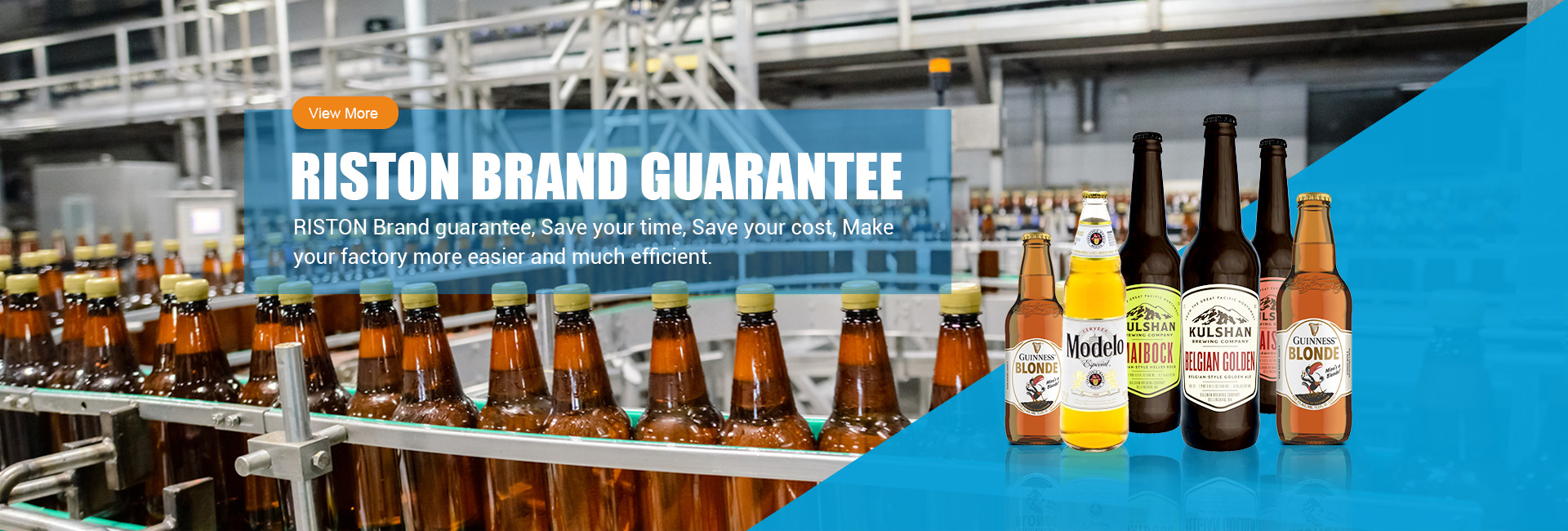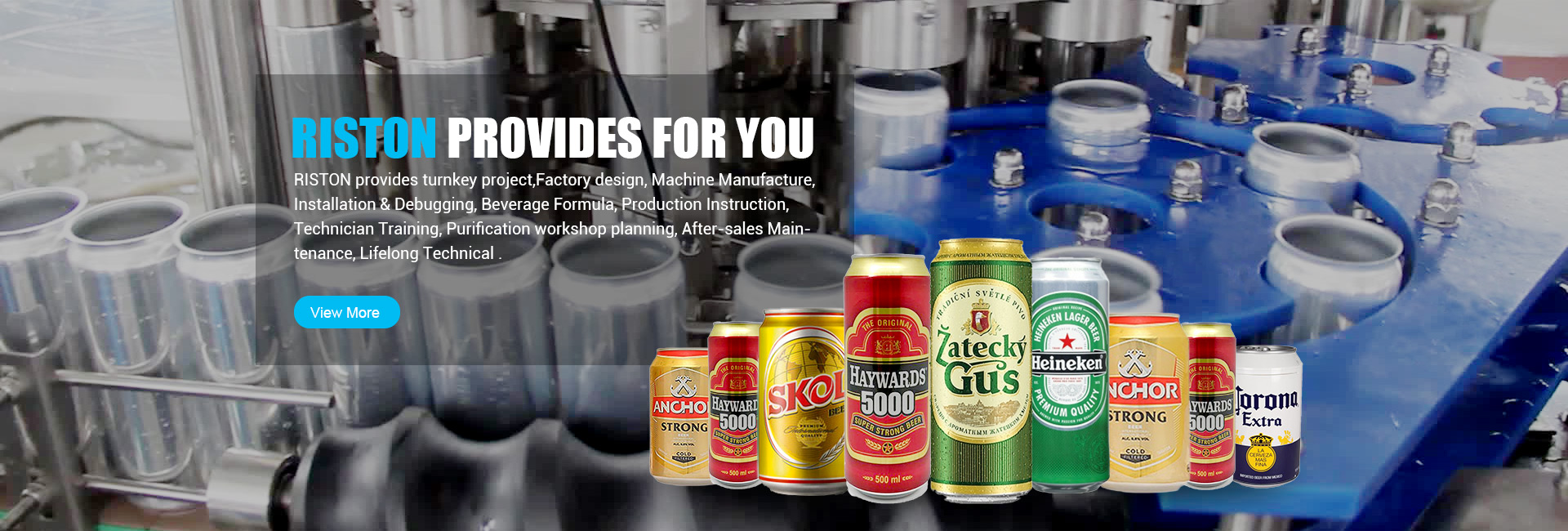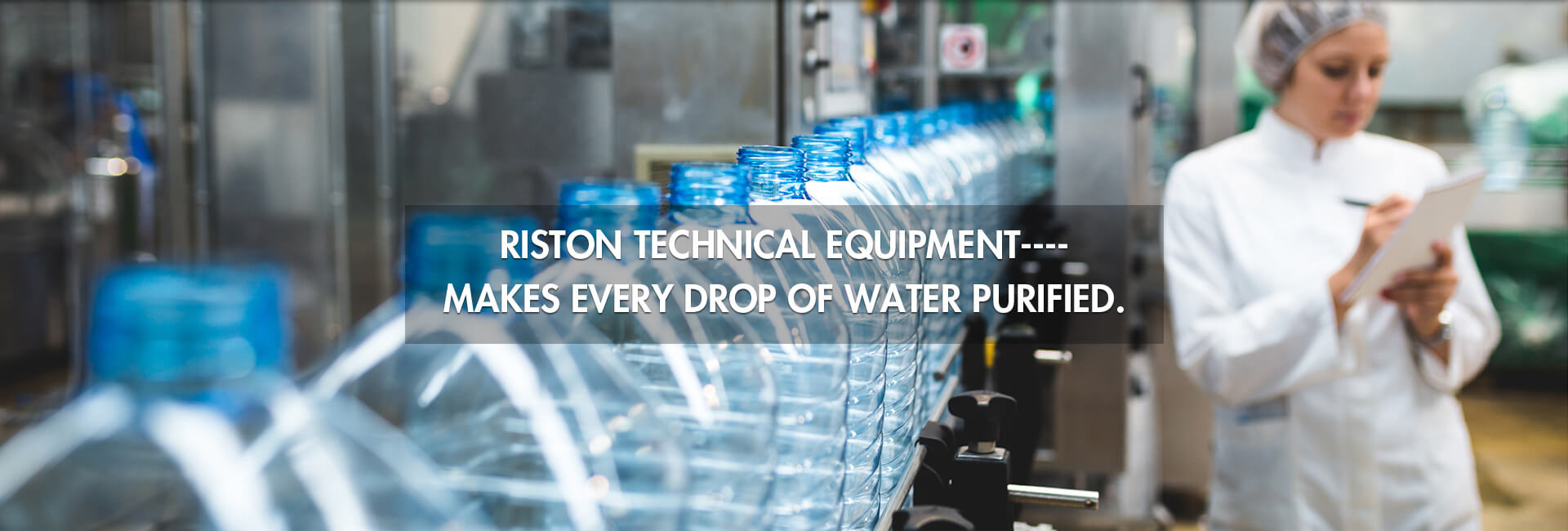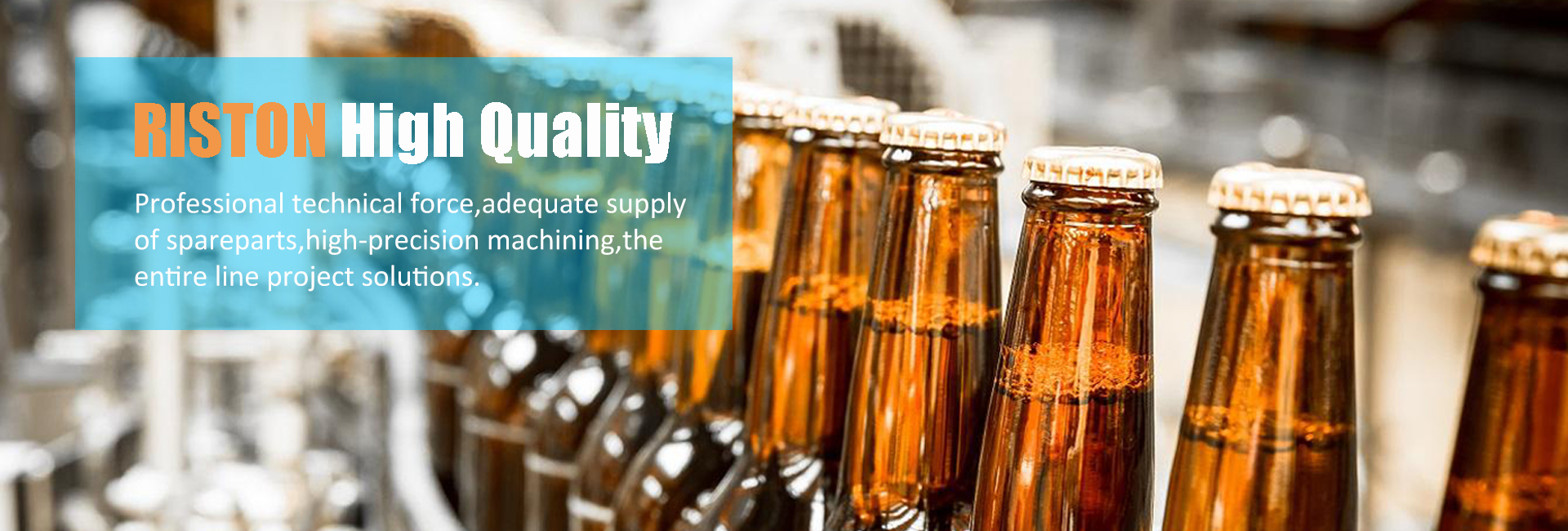RISTON-bottle filling and capping machine price
Introduction:
Determining the price of a RISTON bottle filling and capping machine is an intricate process influenced by multiple factors, each playing a critical role in shaping the final cost. This technical article provides insights into the key variables that contribute to the pricing structure of RISTON's bottle filling and capping equipment.
Body:
Machine Type: The first consideration is the type of machine – whether it’s a semi-automatic, automatic or fully automated filling and capping line. Semi-automatic machines typically require more manual intervention and are generally less expensive than their high-speed, fully automated counterparts which offer greater efficiency and reduced labor costs.
Production Capacity: Machine capacity, measured in bottles per hour (BPH), directly impacts the price. Higher-capacity machines with increased numbers of filling heads and faster indexing systems will naturally command a higher price due to their advanced engineering and production capabilities.
Product Compatibility: Different liquids may require specialized filling mechanisms. For instance, thick liquids like syrups might need a different filler compared to water or carbonated beverages. Customized filling valves and compatibility with various bottle sizes and shapes can increase the complexity and thus, the cost.
Capping Technology: The type of capping mechanism also influences the price. Different caps—screw-on, snap-on, sport caps, etc.—require specific capping heads and torque control systems. Advanced cap sorting and placement technology can significantly affect the overall cost of the machine.
Additional Features and Customization: Optional extras such as integrated rinsing modules, labeling systems, and Cleaning-in-Place (CIP) systems add to the base price. Furthermore, customization to accommodate unique bottle designs, product handling requirements, or special automation requests will also drive up the cost.
Quality Standards Compliance: Ensuring adherence to international standards like CE, UL, and FDA increases the manufacturing cost due to the use of premium materials and stringent quality checks. However, these certifications guarantee safety and reliability for your operations.
Service and Support: The total investment includes not only the purchase price but also the post-sale services, installation, operator training, and warranty coverage. Ongoing maintenance contracts and availability of spare parts can also factor into the overall cost.
Market Factors: Local taxes, import duties, exchange rates, and regional competition can all impact the final price paid by customers. Additionally, market demand and supply chain dynamics can influence pricing at any given time.
Conclusion:
To get a precise quotation for a RISTON bottle filling and capping machine, it's essential to identify your exact operational needs including target production volume, bottle specifications, liquid properties, desired level of automation, and compliance requirements. Direct consultation with RISTON's sales team or authorized distributors allows you to discuss these details and receive a tailored quote that reflects your specific business needs. When evaluating the price, remember to consider long-term benefits such as energy efficiency, durability, and service support alongside the upfront expense.

